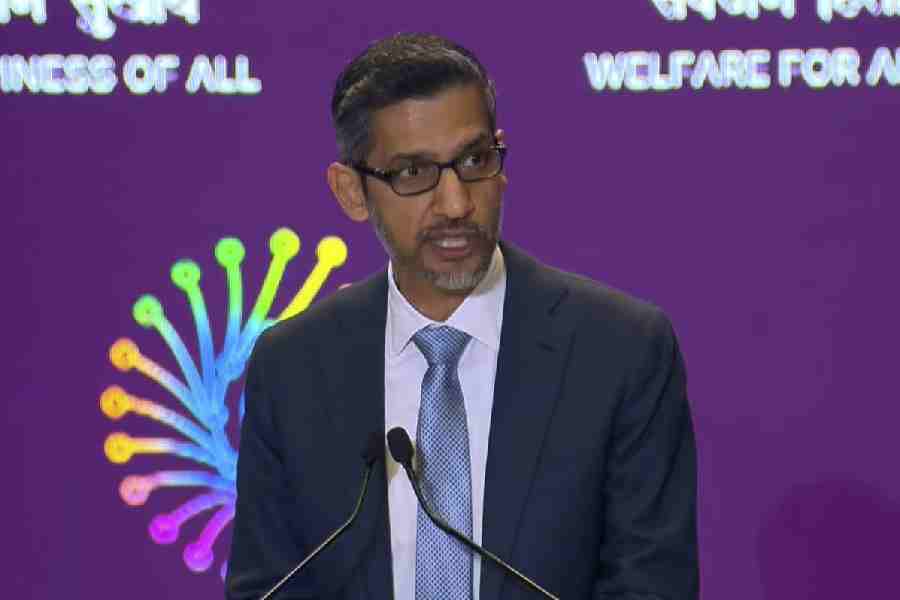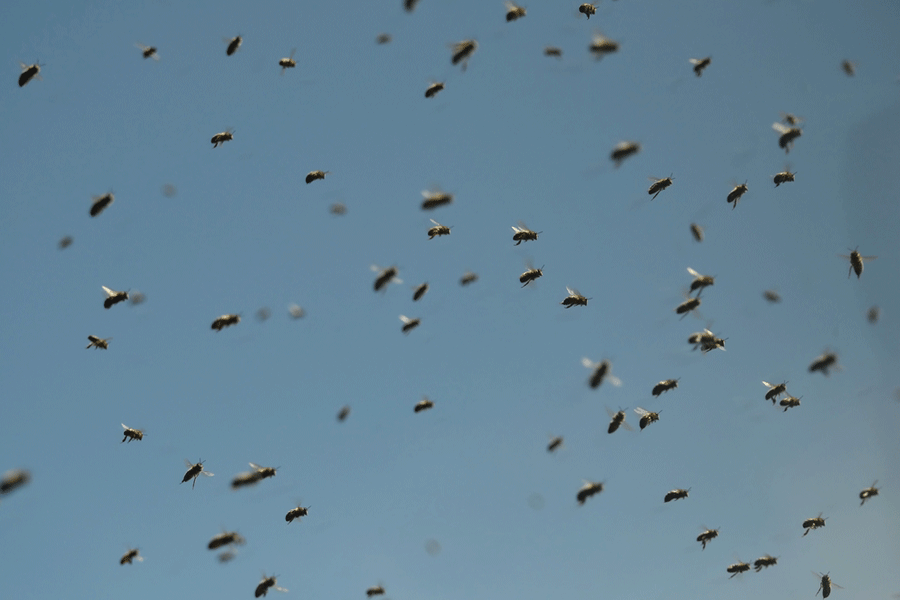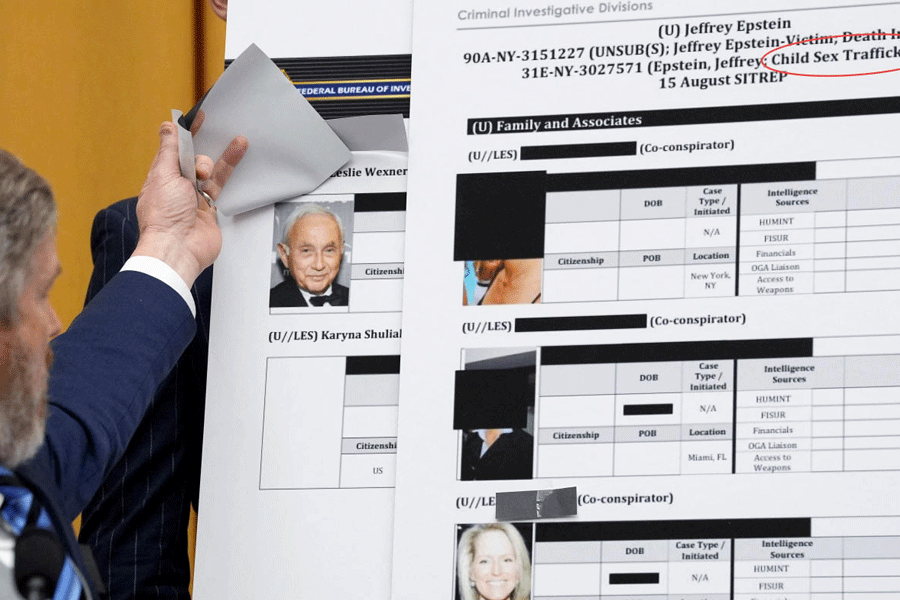 |
Zahedan to Isfahan, Iran, Dec. 11: A pretty five-year-old girl with a pink placard that shows dismembered bodies and shouts “Death to Israel” is immediately the centre of attention outside the little airport in Zahedan, in Iran’s south-eastern tip, near the tri-junction with Pakistan and Afghanistan.
With one hand she holds her mother, a woman of indescribable features because she is in a tenting black chador. But her eyes are taking in hungrily the rare sight of Indians in this provincial capital of Sistan and Balochestan.
Shah Rukh Khan, “Muthan” Chakraborty and Rani Mukherjee are the only Indians that the youth in this crowd that has turned out to welcome a group of 50 Indian peace activists are familiar with.
The “India Lifeline to Gaza”, a part of the Asian Peoples Solidarity for Palestine, is also accompanied by 13 Indonesians, two Malaysians, three Pakistanis and two Japanese — all of who are on a 7,000km overland caravan to the Gaza Strip, with the stated aim of delivering humanitarian aid to those besieged by Israel.
Shah Rukh Khan, “Muthan” Chakraborty and Rani Mukherjee are the best known Indians in Sistan and Balochestan.
 |
| The little girl in Iran. Picture by Sunil Kumar |
As the caravan covers nearly 1,400km in three days through the starkness and the stillness of the great Iranian desert, Dasht-e-Kevir, in temperatures varying from 20°C to – 4°C, more and more people turn out from the towns of Nusratabad, Kerman and Yazd along the way.
Motorcyclists waving the Hezbollah flag, that depicts a green gun mounted on a pick-up van against a yellow background; the Palestinian flag; the Iranian flag; and sometimes also the flags of the countries to which the participants of the caravan come from, escort the travellers — split in three buses — from the outskirts of each town to the universities and squares in which the larger meetings are held.
The caravan, including this correspondent of The Telegraph, is driving across Iran, and has planned to cross Turkey from Iran, move to Lebanon, Jordan and Syria, from where it intends boarding a ship from the port of Latakia to Egypt’s Al Harish port, and take the Rafah border-crossing to the Gaza Strip.
On May 31 this year, the “Freedom Flotilla”, convoy of five ships, that was on a mission to deliver aid to the besieged of Gaza, was forcibly boarded by Israeli naval commandos. Nine Turkish activists were killed. Israel alleged its forces acted in self-defence.
Iran’s support for Palestine is probably the loudest and it is evident even as we breeze through the country on how popular the cause is. But as the caravan burns thousands of kilometres, the glimpses through the windshield also reflect the local politics playing out around the caravan.
In Sistan and Balochestan, probably Iran’s most restive province near the Pakistan-Afghanistan tri-junction, journalist Sarojani, who heads the provincial correspondents’ association, says Palestine unites its Shias and Sunnis.
Sistan and Balochestan have a mixed population in a country that is overwhelmingly Shia. Tehran has alleged that the US, through Pakistan, has been fishing for trouble in the province by backing a Sunni insurgency led by an outfit called Jomdullah.
Jomdullah’s leader Abdul Malik Regi, who used to be sheltered in Pakistan, was arrested, tried and executed last year after the Iranians forcefully landed a plane he was flying in.
Iran’s President Mahmoud Ahmedinejad even made an example of the trial and execution of Regi, saying the Americans, like his government, should rely more on intelligence, rather than brute force, to hunt down terrorists. He mocked at the US for failing to track Osama Bin Laden in nearly 10 years.
In Isfahan, where the caravan reached late last night, the governor of Iran’s largest province, in a reception, proclaimed that it is only through the principles of Islam that the battle for Palestine will be won.
In the town of Kemran, where the caravan halted for a night on its way to Isfahan, another little girl held up a placard in the town Shahid Beheshti Square that was chock-a-block with the devout who had turned out for Friday prayers. It read: “My heart is a stone. I will throw it with you.”
The caravan was flagged off from Rajghat on December 2. Pakistan granted the Indian participants a visa only up to Lahore. They had to return to Delhi to take flights to Tehran and Zahedan from where the land journey began.










